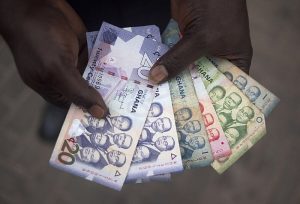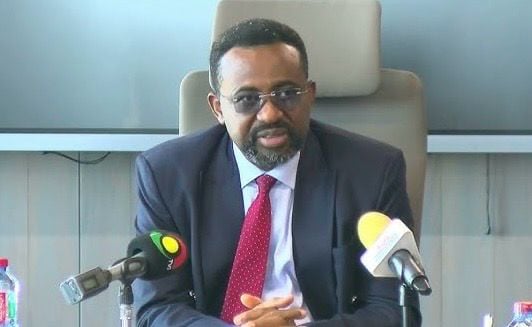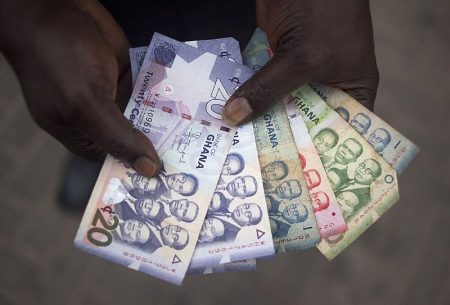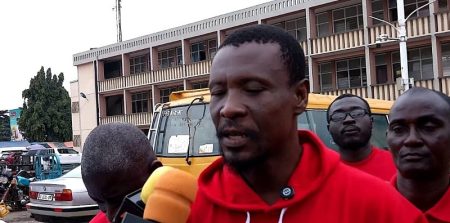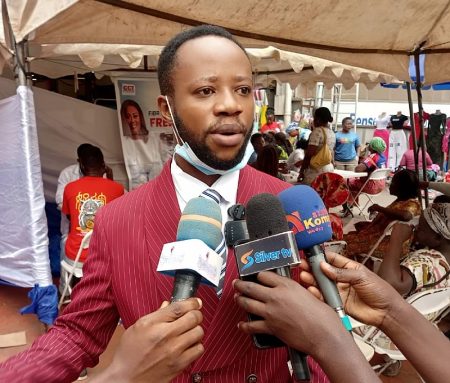Ghana, facing a significant infrastructure deficit, is exploring innovative financing solutions to address its burgeoning development needs. The Bank of Ghana (BoG) is considering the adoption of sukuk bonds, a Sharia-compliant financial instrument, as a strategic approach to bridge the infrastructure gap. This move aligns with the central bank’s broader strategy to integrate Non-Interest Banking and Finance (NIBF) into the Ghanaian financial landscape, mirroring the experiences of other nations like Nigeria, South Africa, Malaysia, and the UK. These countries have successfully leveraged sukuk to fund critical infrastructure projects and diversify their financial systems. The potential adoption of sukuk reflects Ghana’s commitment to exploring alternative financing mechanisms that adhere to ethical principles while promoting inclusive economic growth.
The urgency for innovative financing mechanisms stems from the sheer scale of Ghana’s infrastructure needs. A United Nations report estimates that the country requires a staggering $37.9 billion annually to adequately address its infrastructure deficit and achieve the Sustainable Development Goals. This substantial financial requirement presents a significant challenge, particularly given the existing fiscal constraints. Traditional financing avenues, often burdened by high interest rates and complex terms, are becoming increasingly less viable for funding large-scale infrastructure projects. This reality necessitates the exploration of alternative financing instruments, such as sukuk, which offer potential benefits like lower costs, risk sharing, and alignment with ethical investment principles.
Sukuk, often referred to as Islamic bonds, offer a unique financing structure distinct from conventional bonds. They operate on the principles of profit and loss sharing, avoiding the concept of interest (usury) which is prohibited in Islamic finance. Instead of paying interest, sukuk holders participate in the profits generated by the underlying asset, which can be a tangible asset like real estate or infrastructure projects, or a specific business activity. This asset-backed nature of sukuk provides investors with a sense of security and aligns with ethical investment practices. Furthermore, sukuk structures often involve complex contractual arrangements that ensure transparency and accountability in the management of the underlying assets.
The BoG Governor, Dr. Johnson Asiama, emphasized the potential of sukuk to mobilize capital for critical sectors like infrastructure development, general government financing, and working capital for corporations. He highlighted the instrument’s alignment with Ghana’s inclusive development agenda, suggesting that sukuk could play a pivotal role in financing projects that benefit a broad spectrum of society. By tapping into the global sukuk market, Ghana could access a large pool of ethical investors seeking Sharia-compliant investment opportunities. This influx of capital could significantly contribute to the country’s development goals, particularly in infrastructure, which is a key driver of economic growth and social progress.
The adoption of sukuk could represent a significant shift in Ghana’s financial landscape. It could attract new investors, diversify funding sources, and promote financial inclusion by offering Sharia-compliant financial products. The successful implementation of sukuk would require a robust legal and regulatory framework, capacity building within the financial sector, and public awareness campaigns to educate investors and the general public about this new financial instrument. Collaboration with experienced jurisdictions in sukuk issuance, such as Malaysia and the UK, would also be crucial in developing a sustainable and successful sukuk market in Ghana. By embracing this innovative financing solution, Ghana can potentially unlock significant capital for its development needs while adhering to ethical principles and promoting inclusive growth.
Furthermore, the integration of sukuk into Ghana’s financial system aligns with the growing global trend of embracing Islamic finance. The sukuk market has experienced significant growth in recent years, with increasing interest from investors seeking ethical and stable investment opportunities. By developing a vibrant sukuk market, Ghana can position itself as a hub for Islamic finance in West Africa, attracting investment from the region and beyond. This could further strengthen the country’s financial sector and contribute to its overall economic development. The successful implementation of sukuk requires a comprehensive approach involving regulatory reforms, stakeholder engagement, and public awareness campaigns to ensure the smooth integration of this innovative financing mechanism into the existing financial ecosystem.




